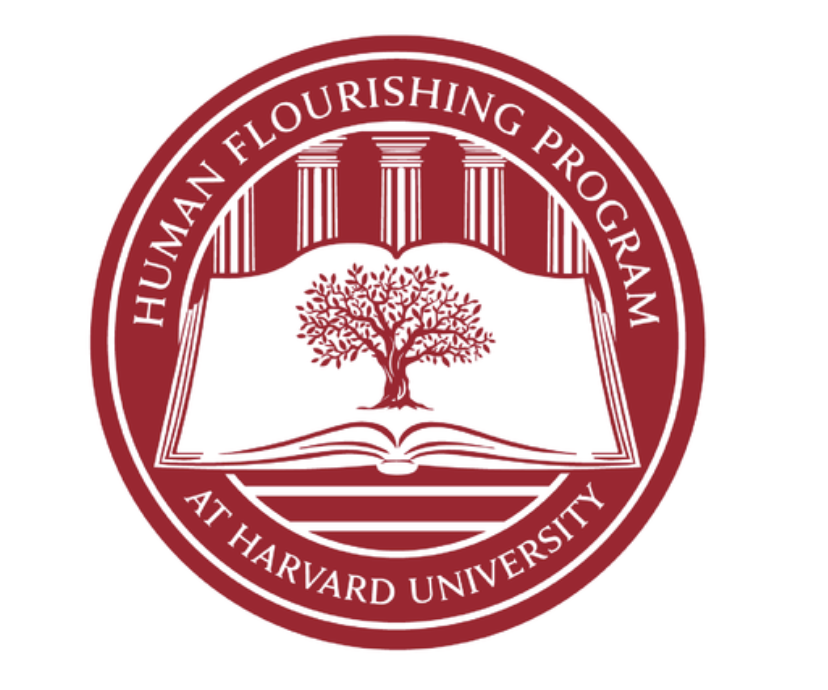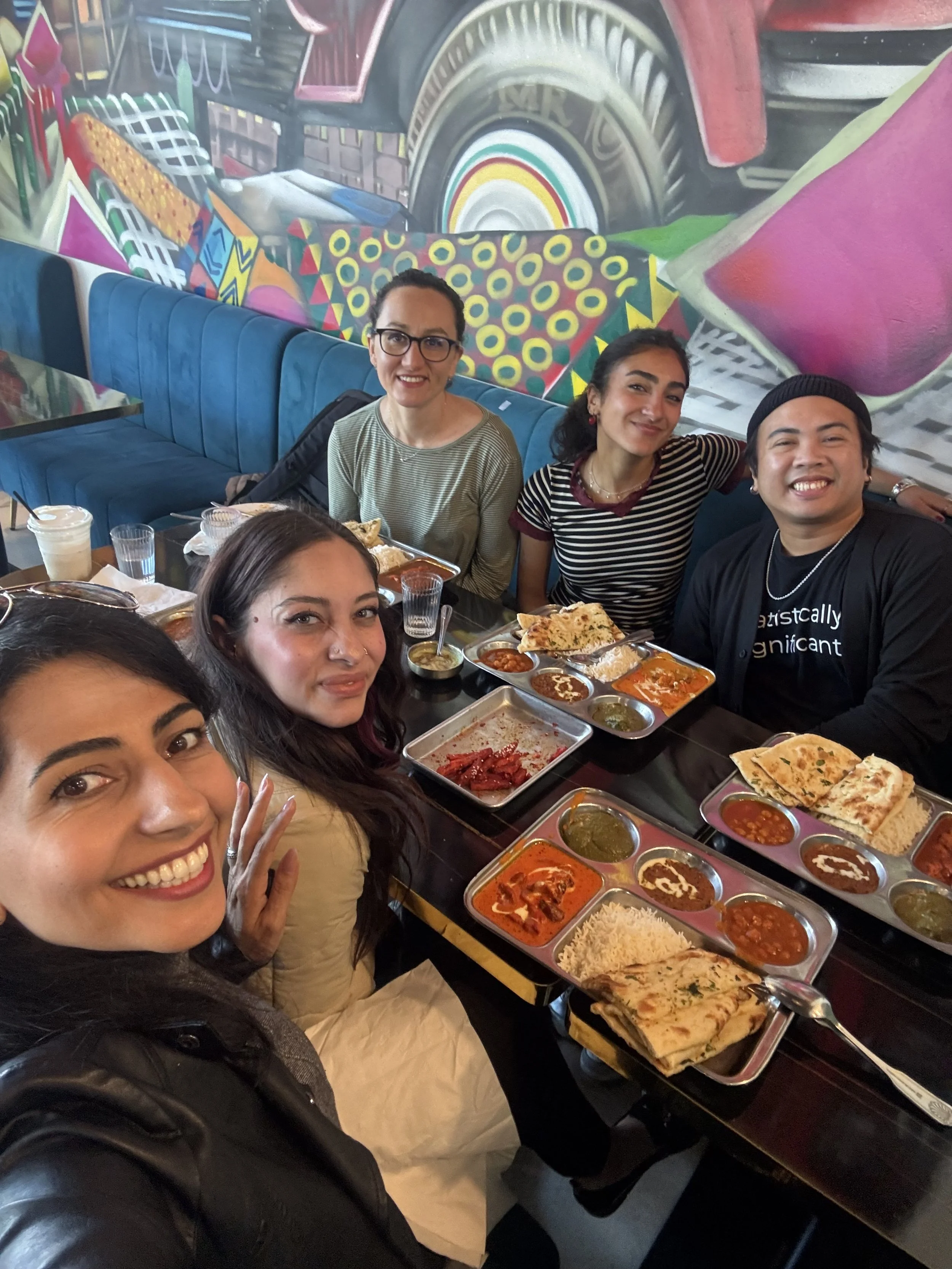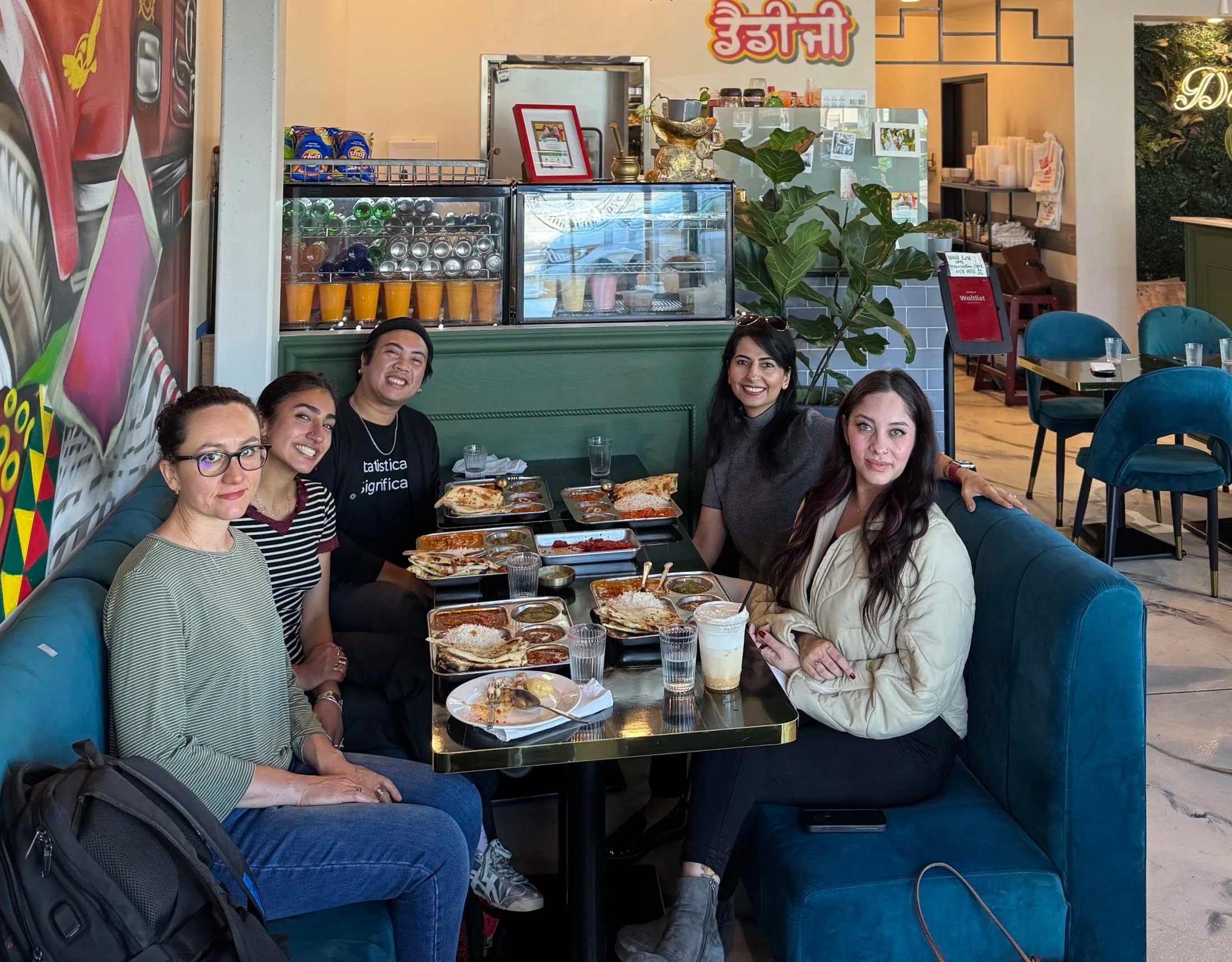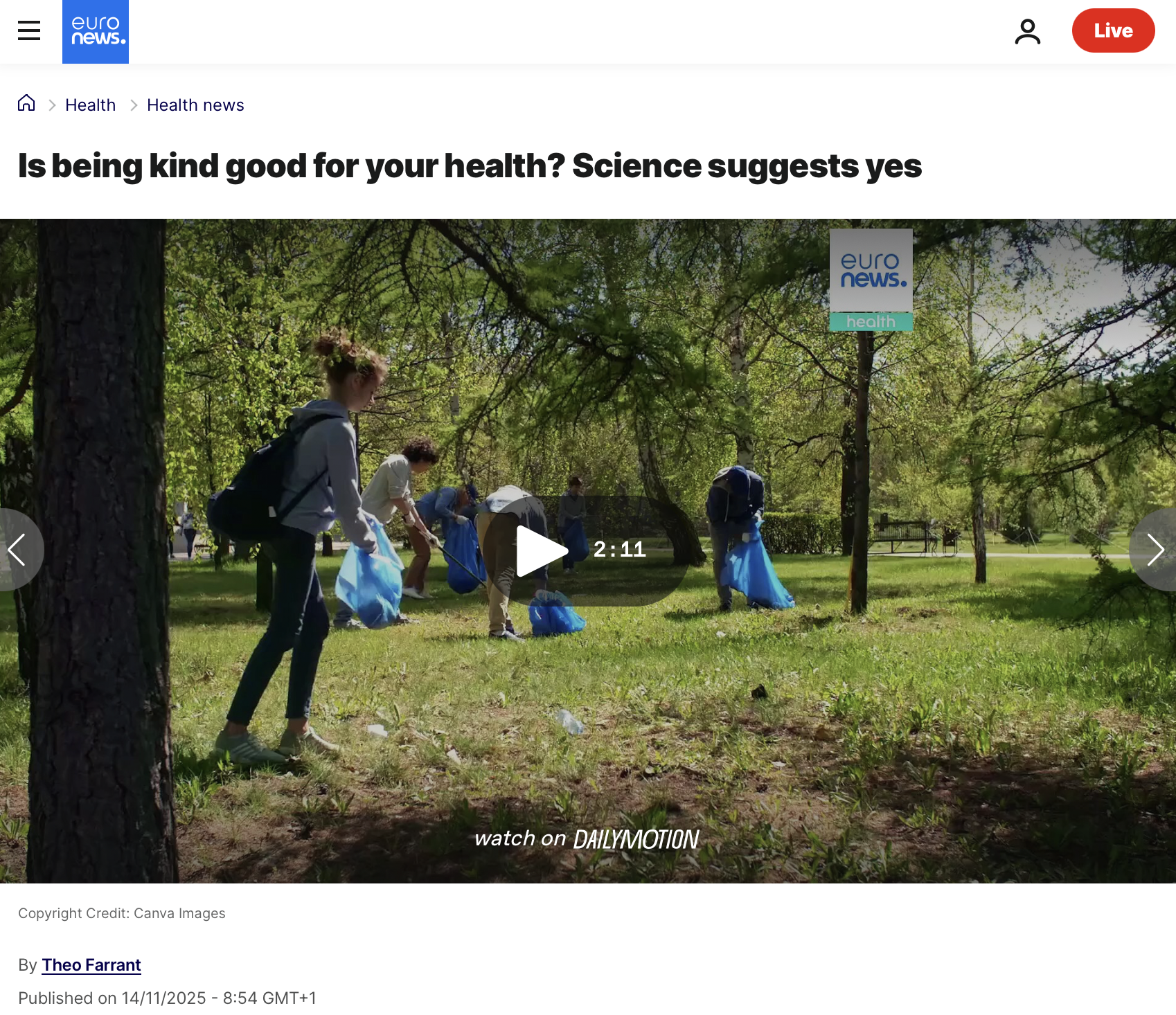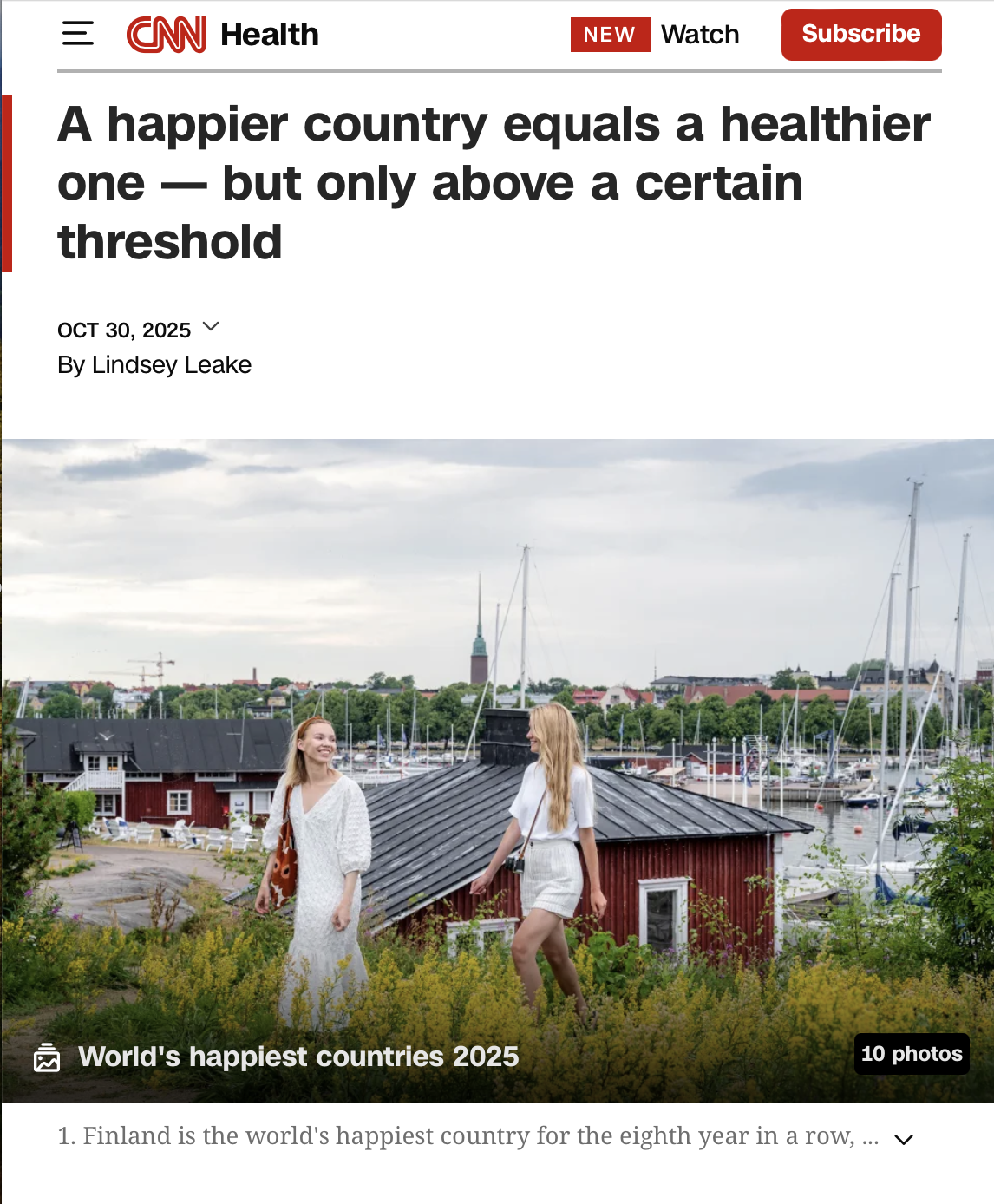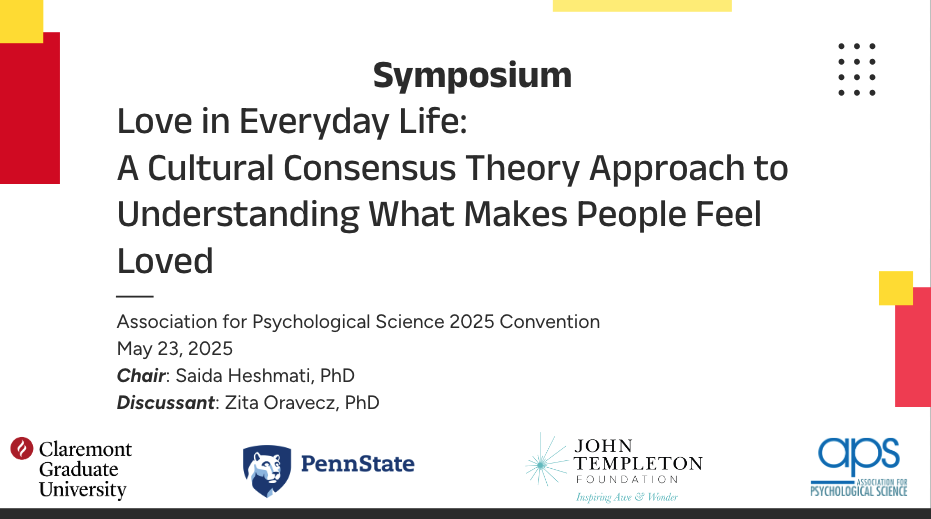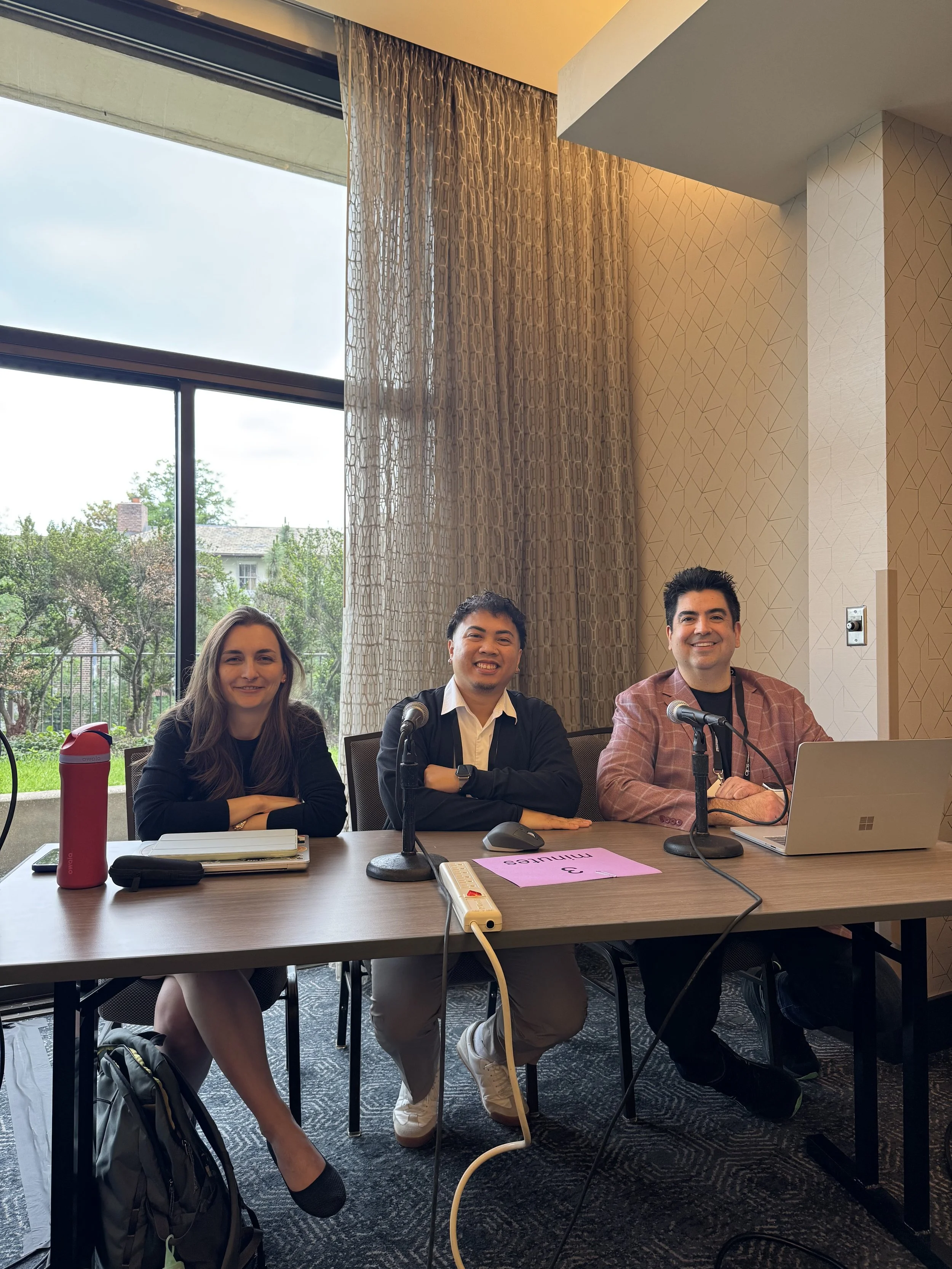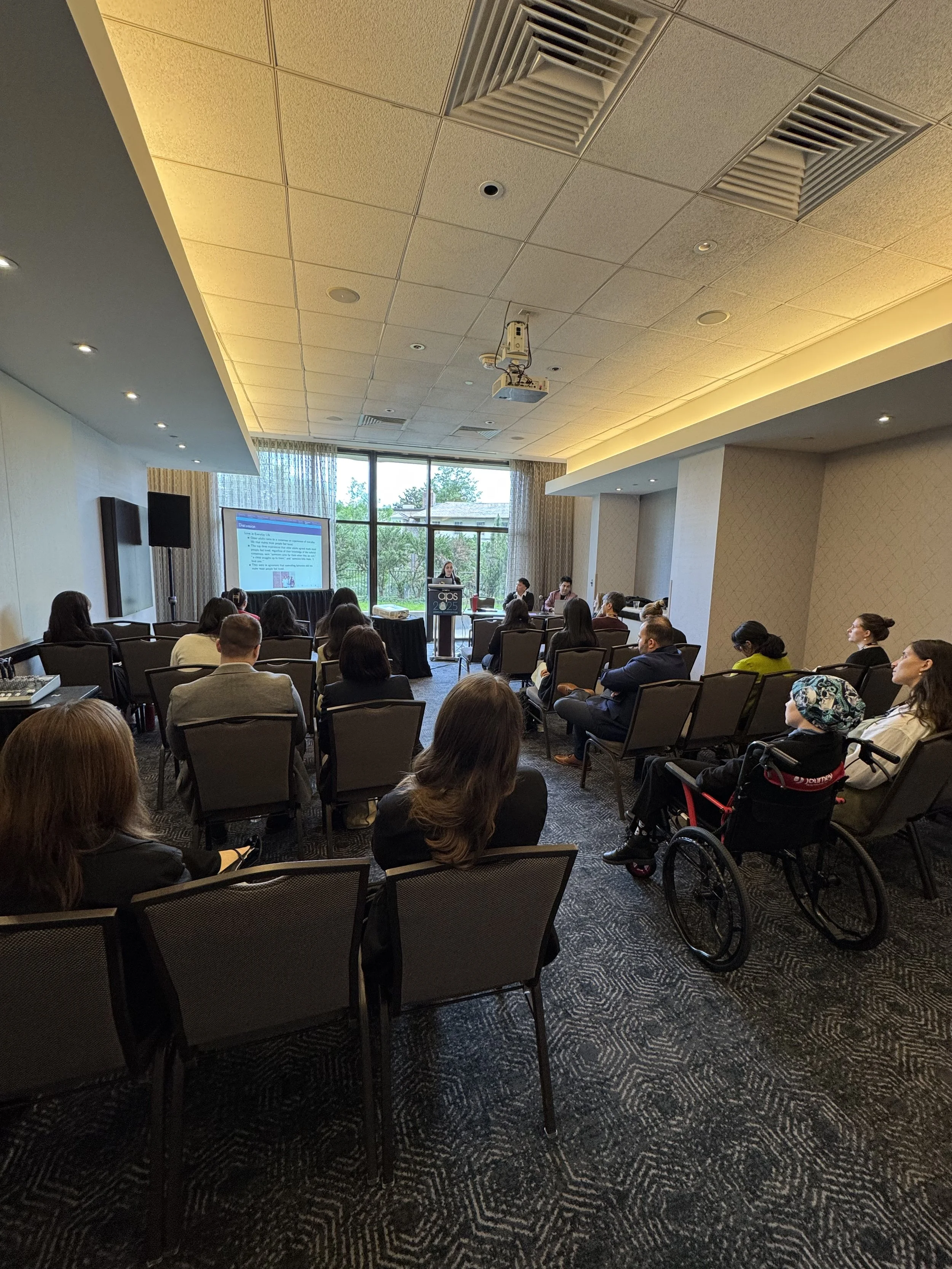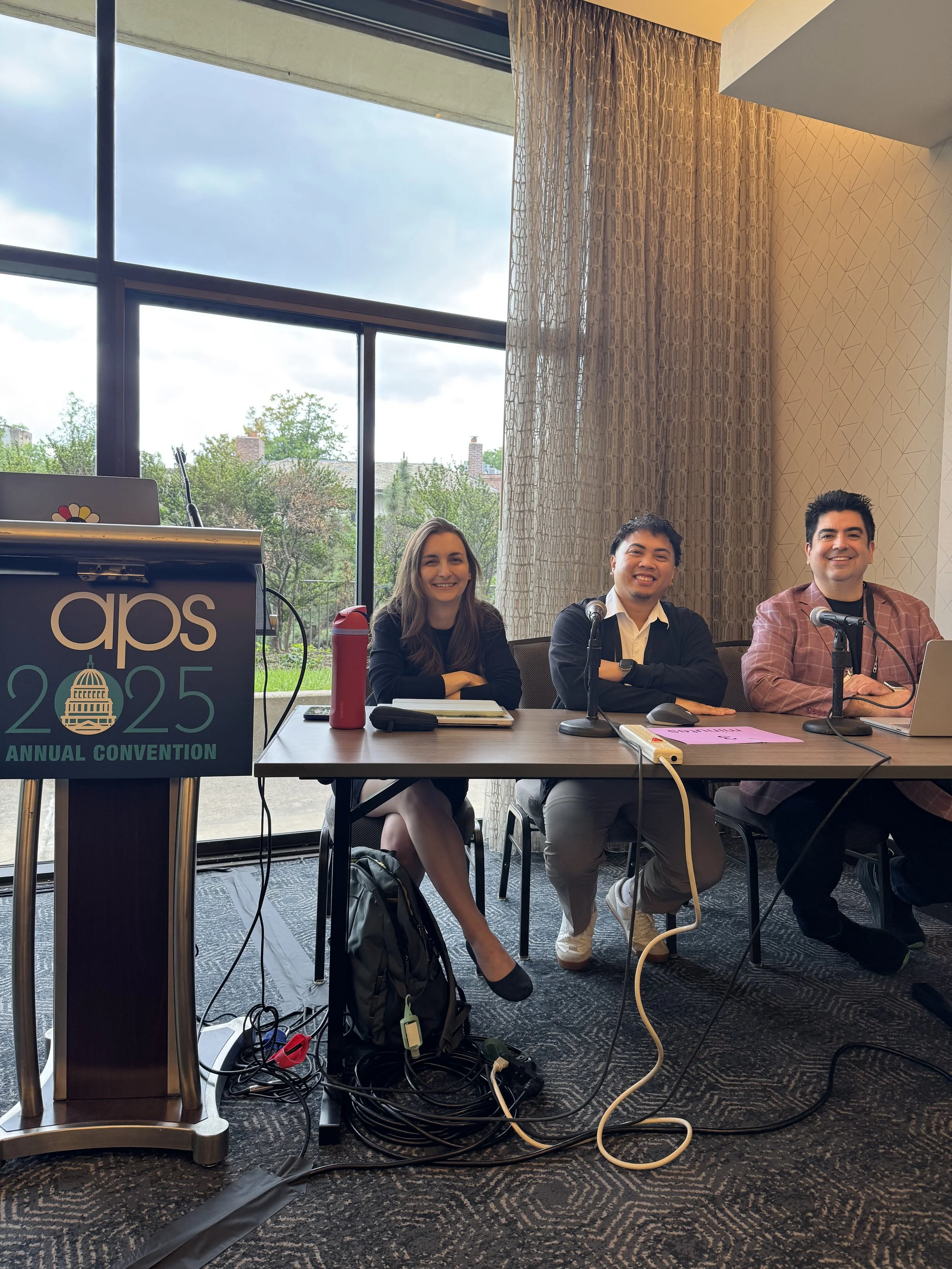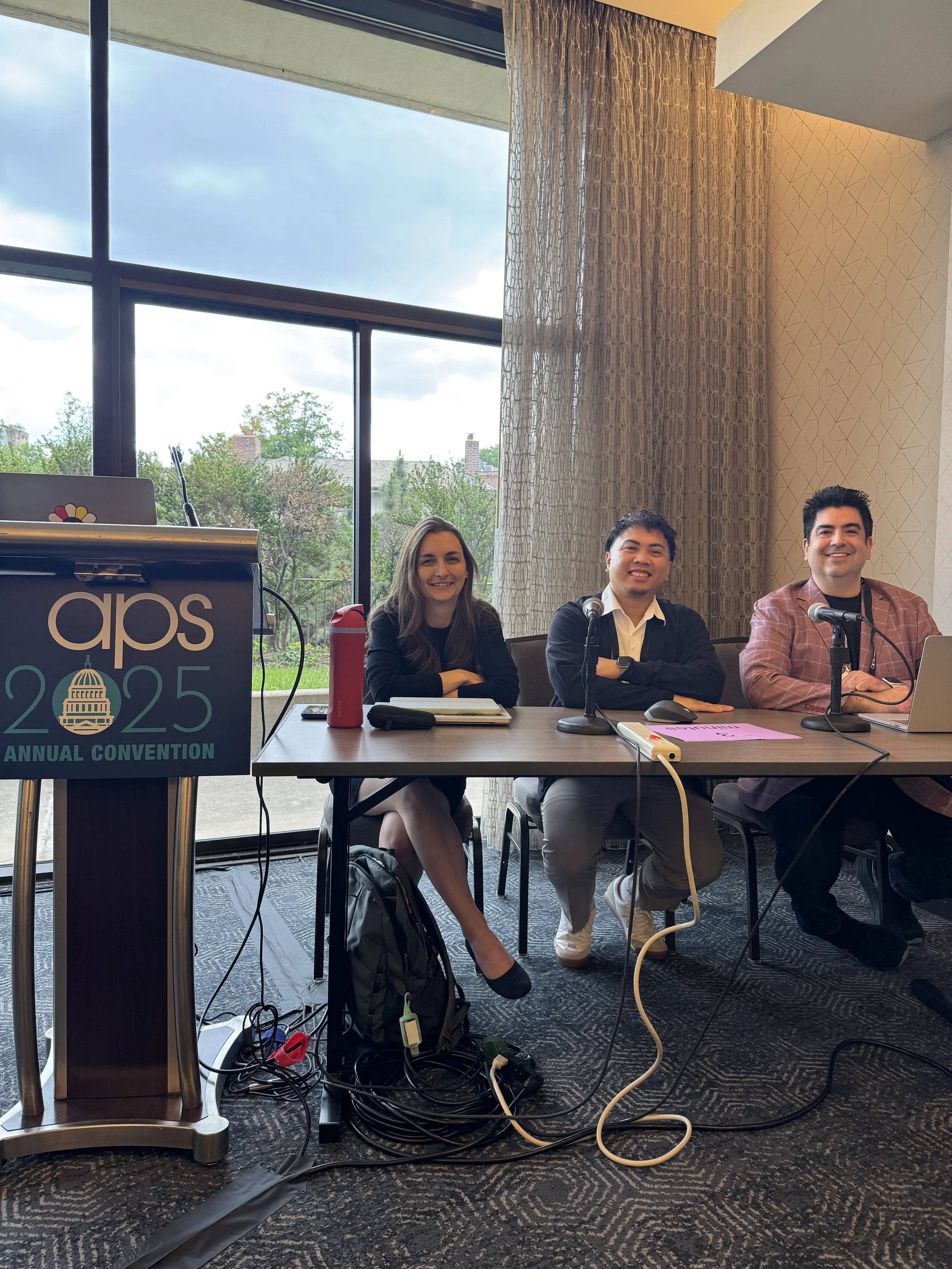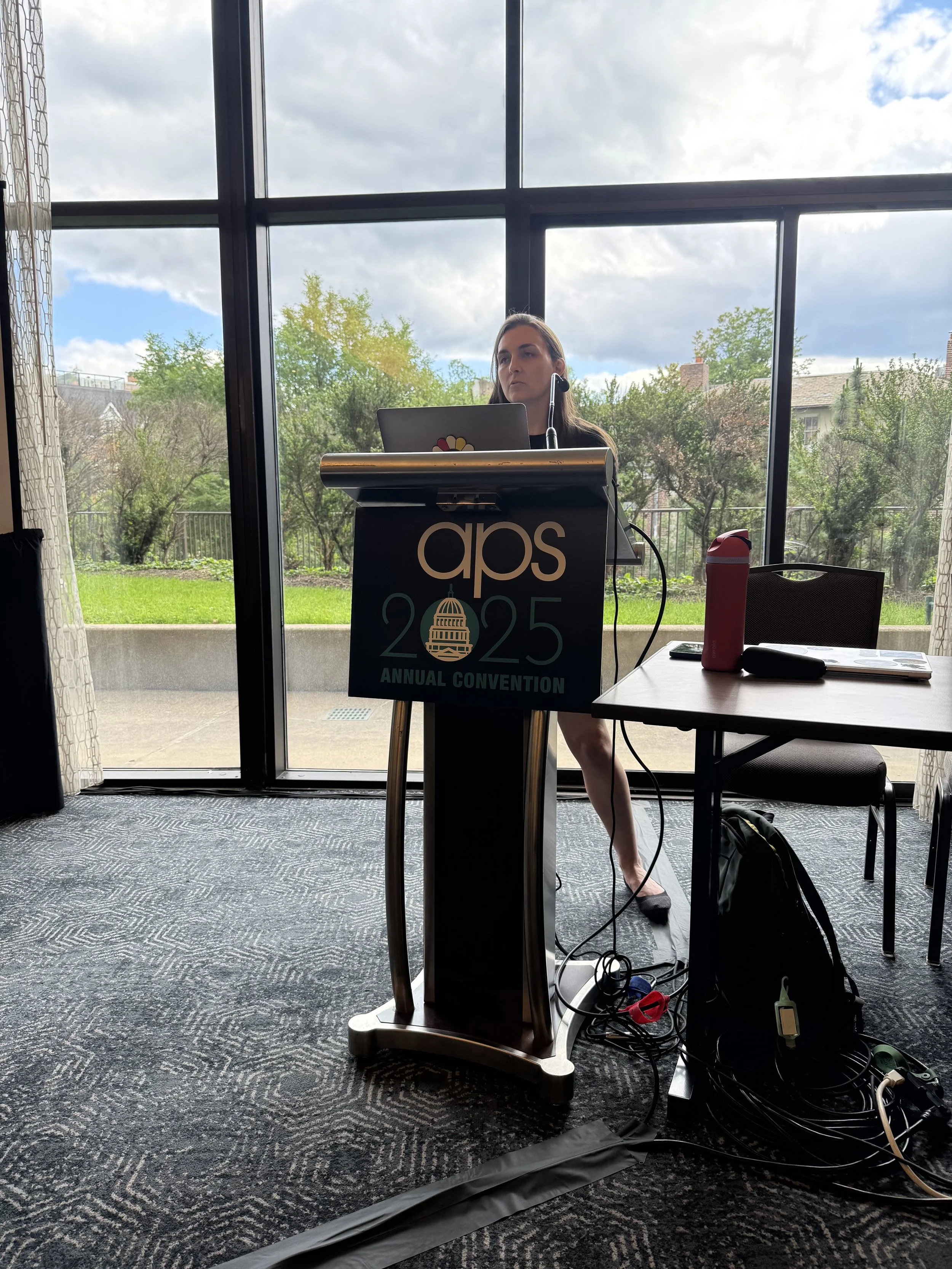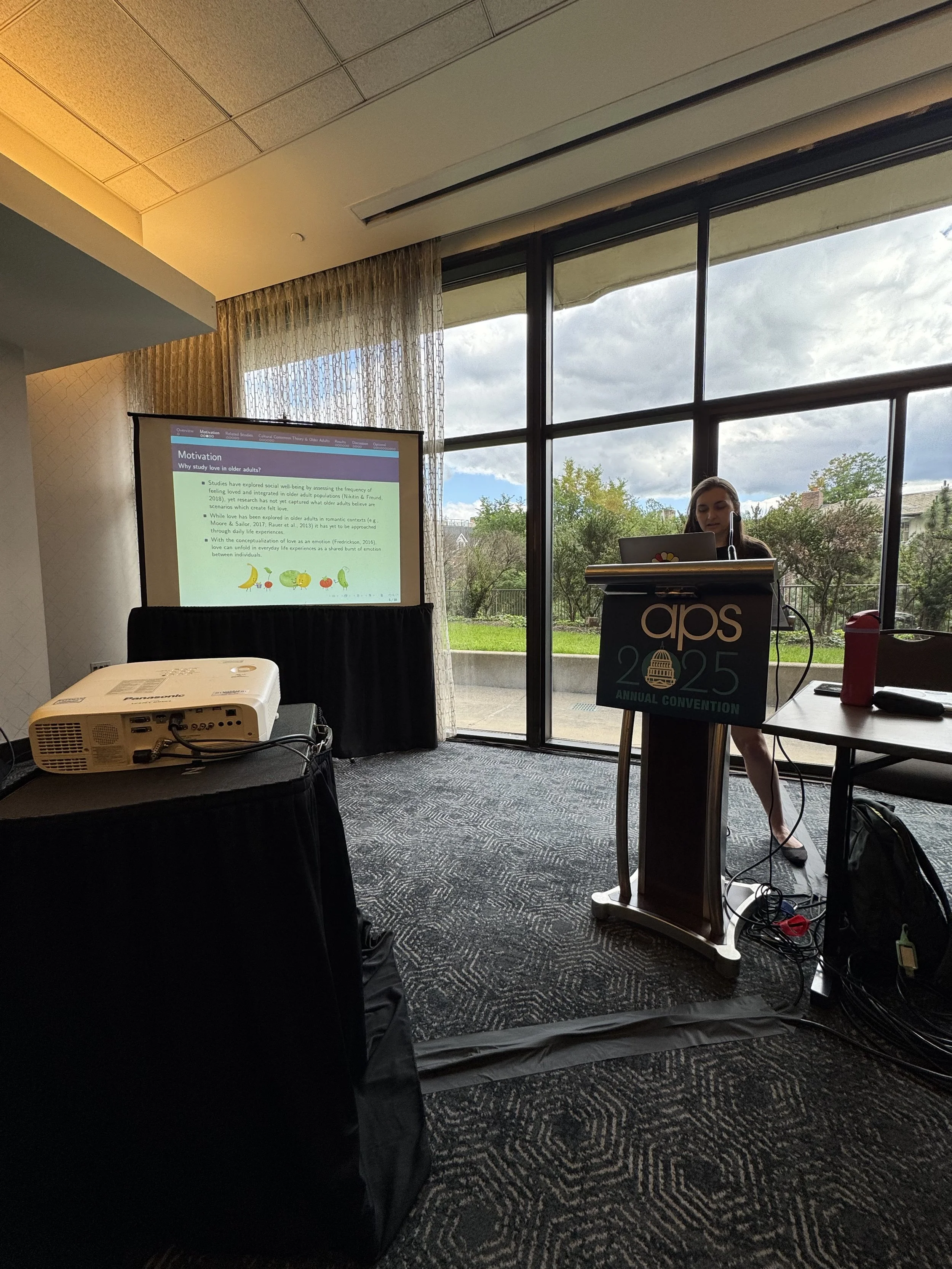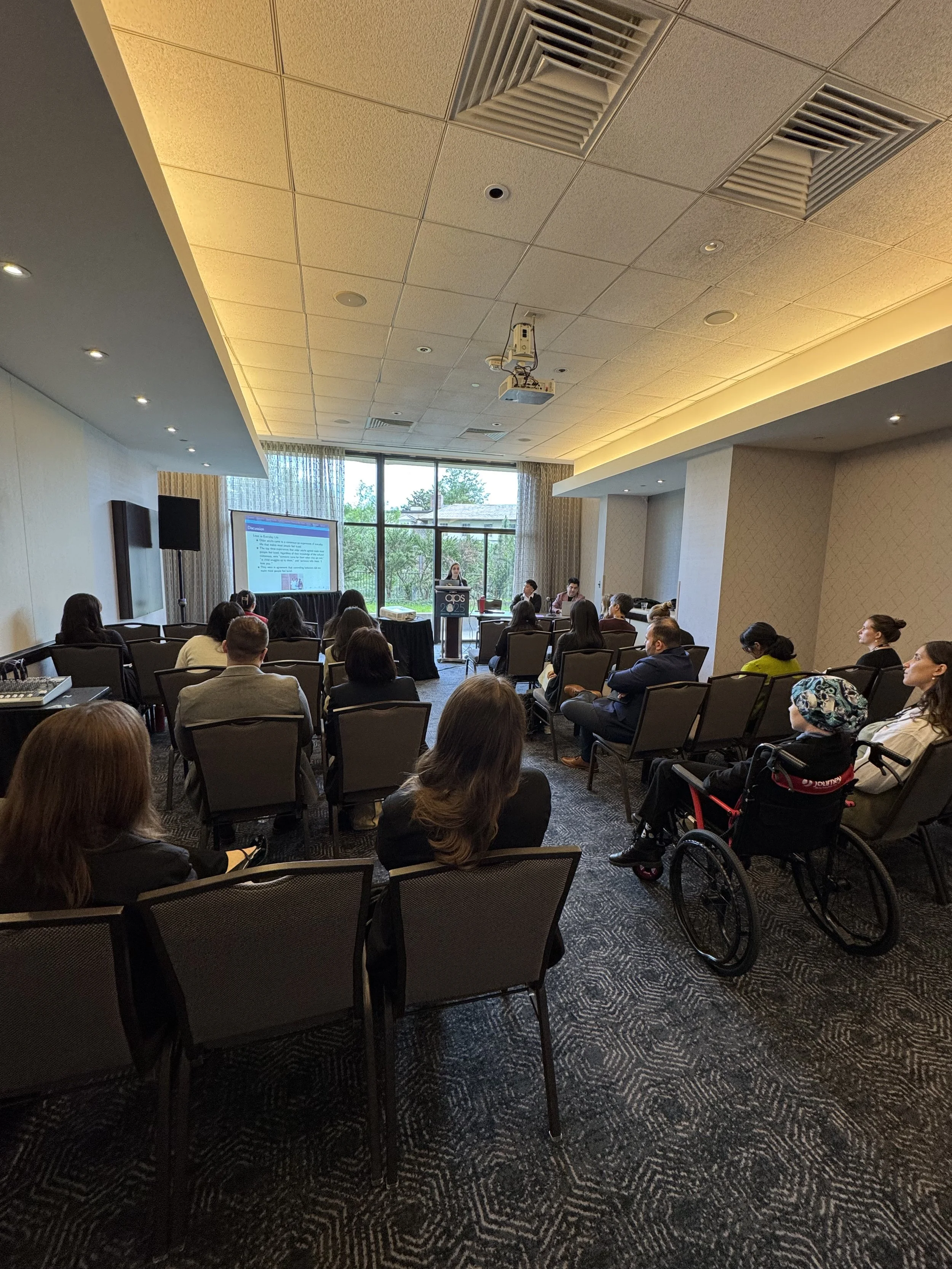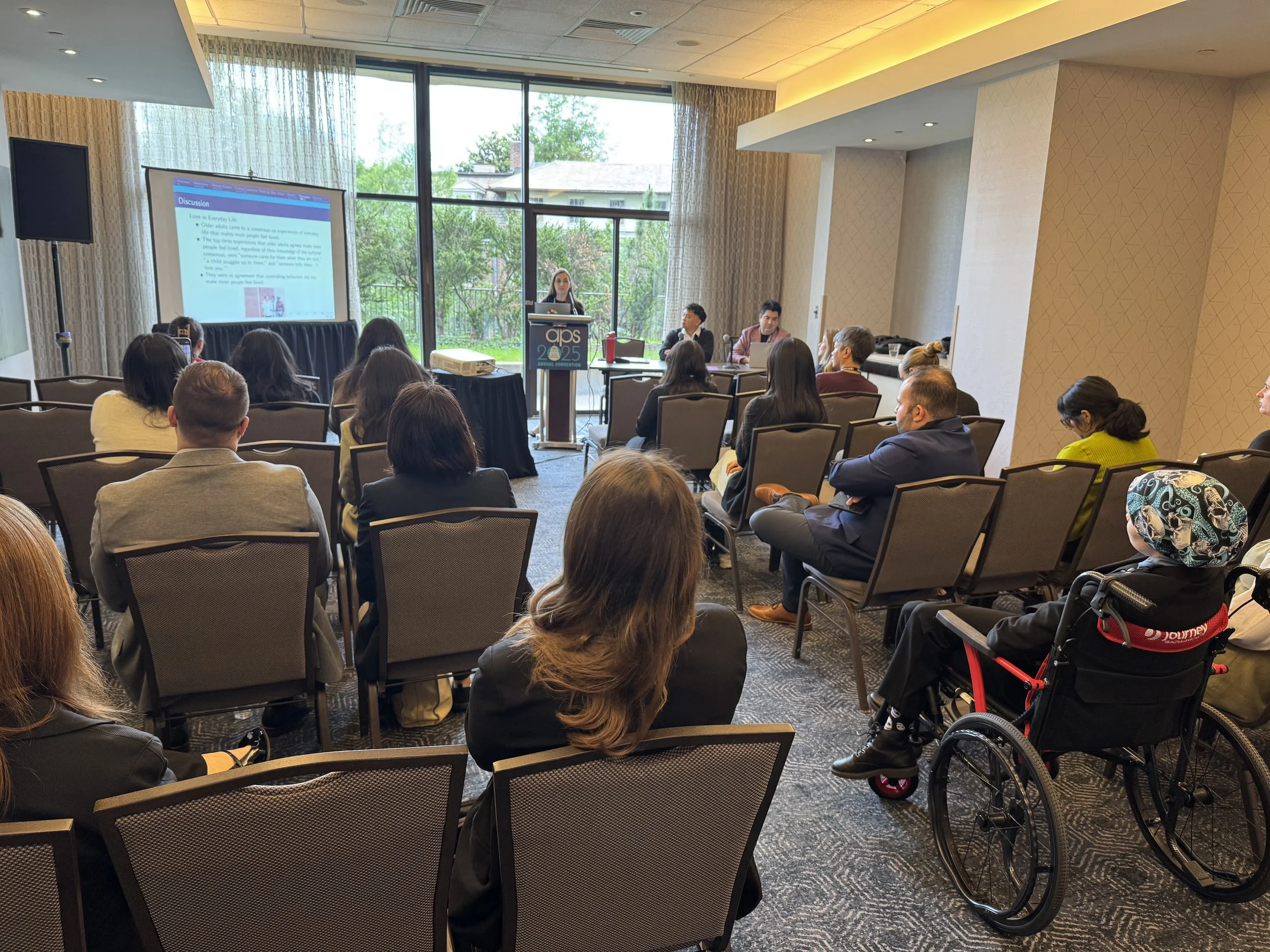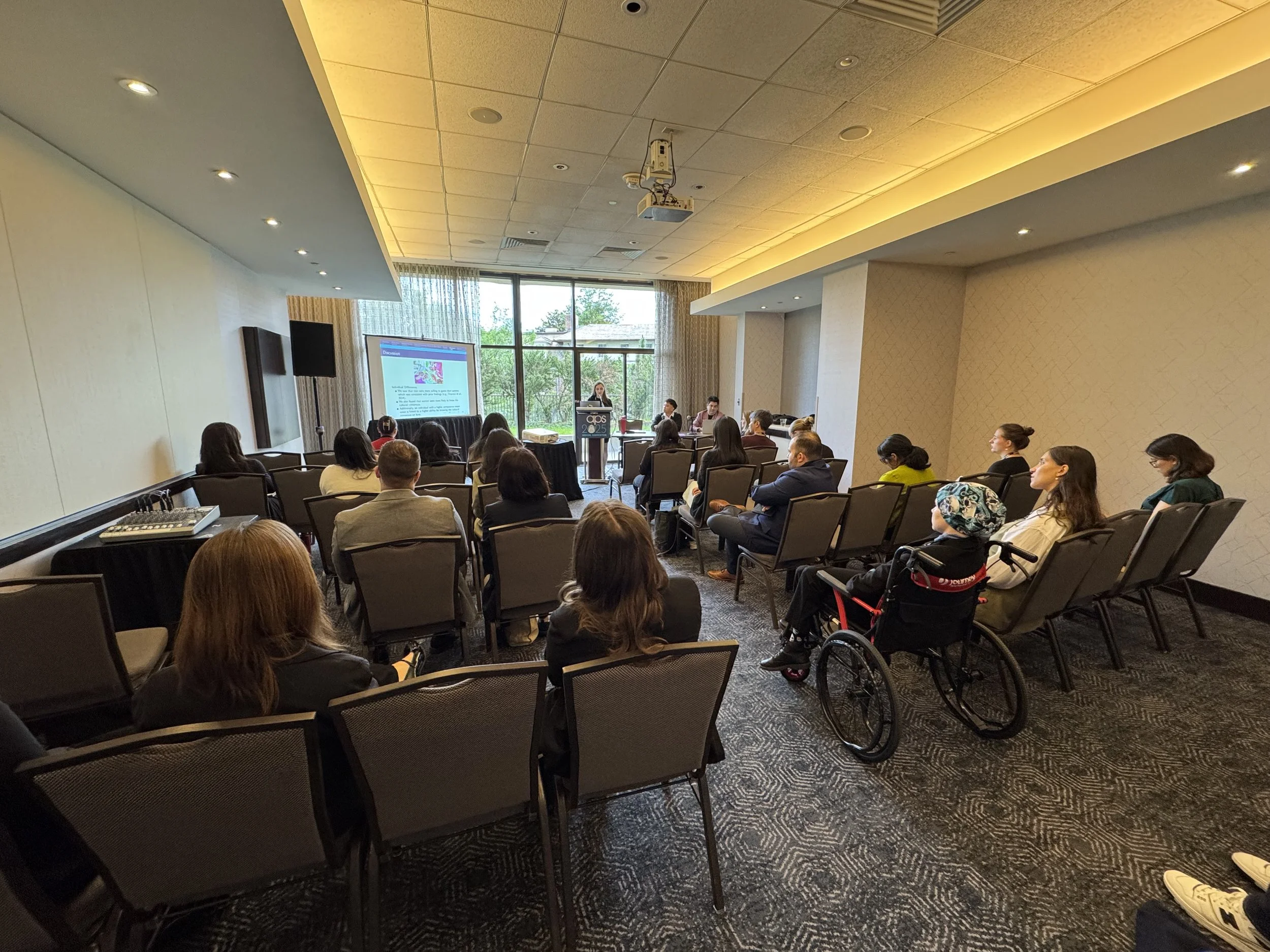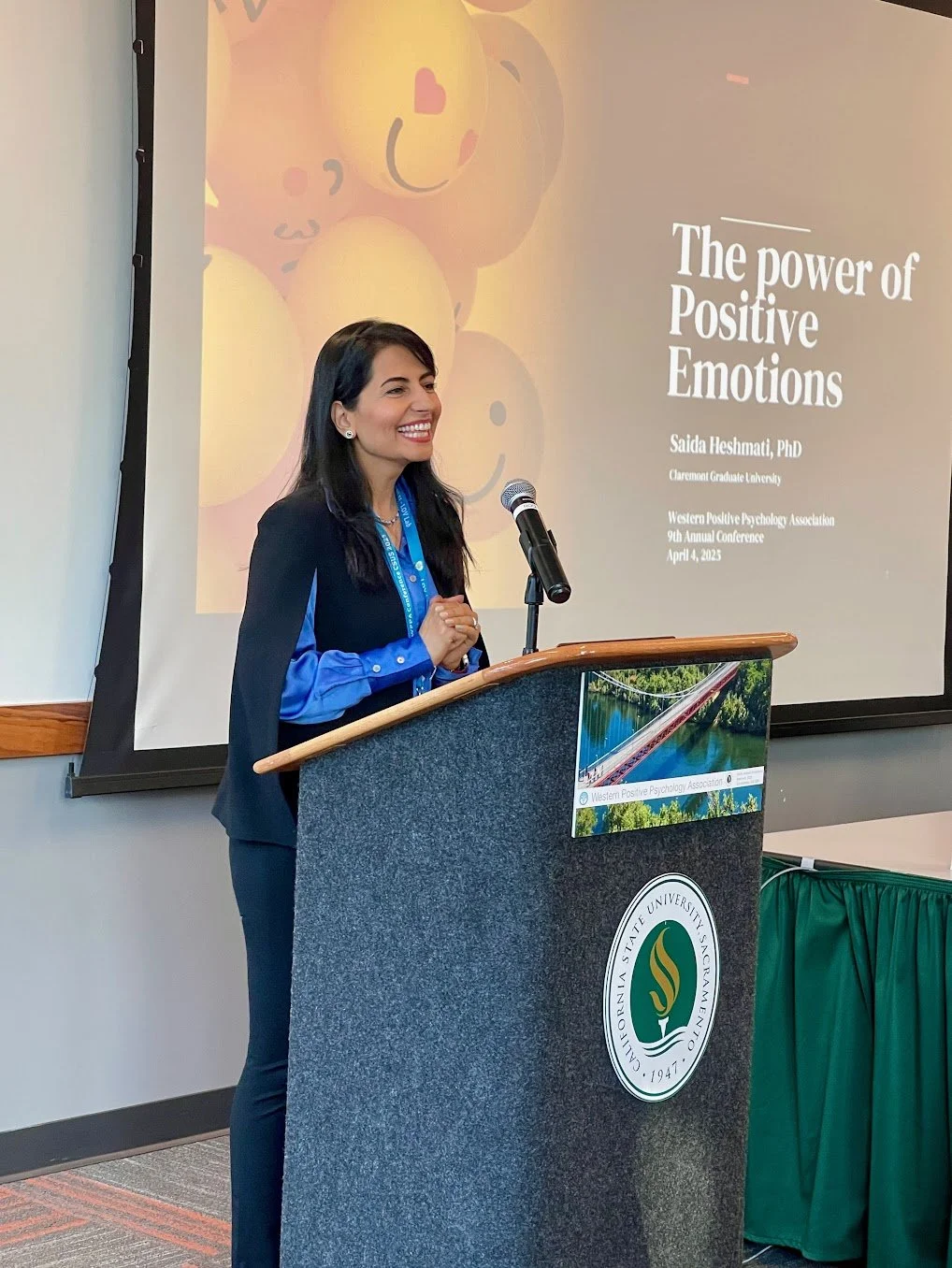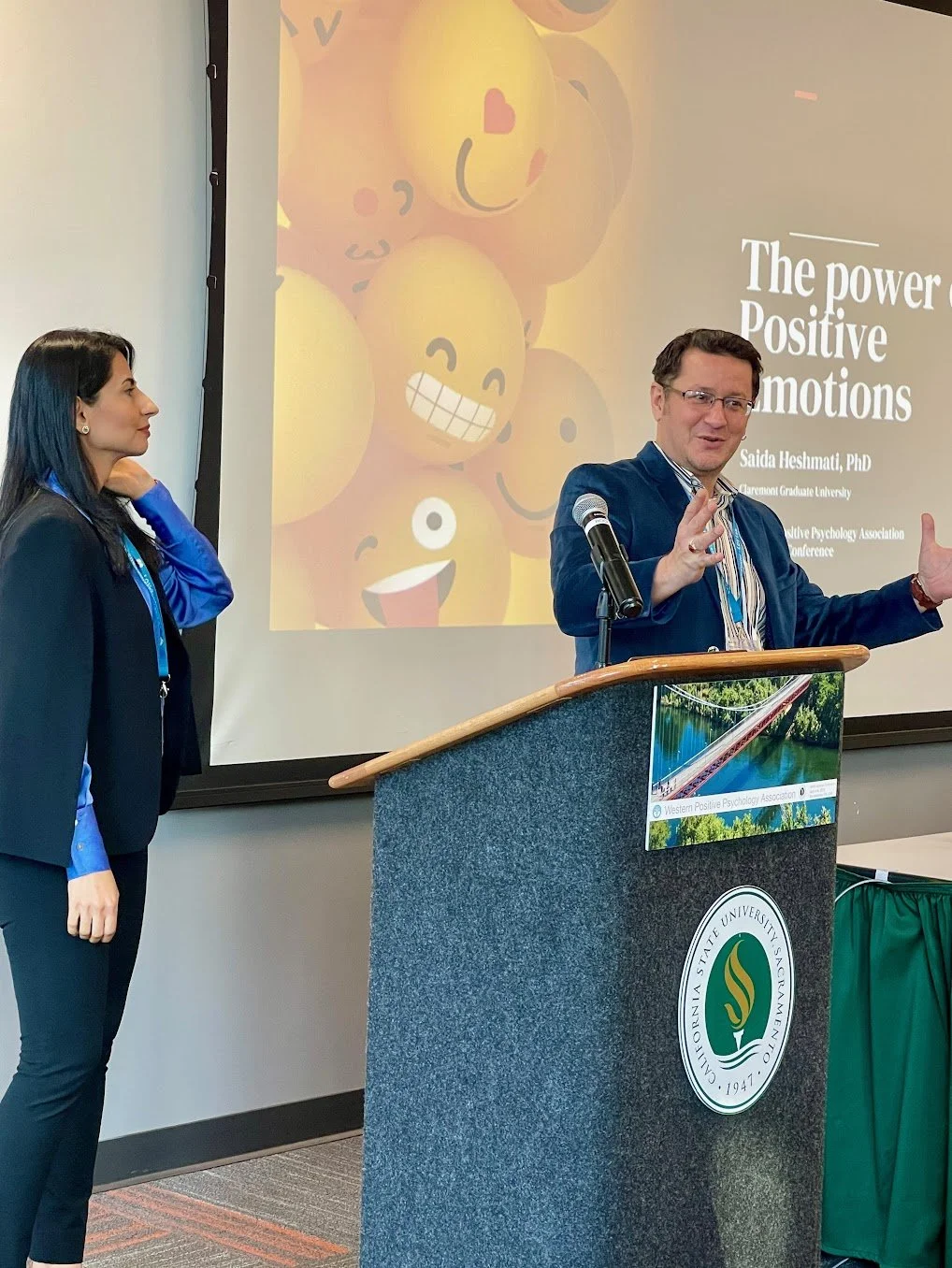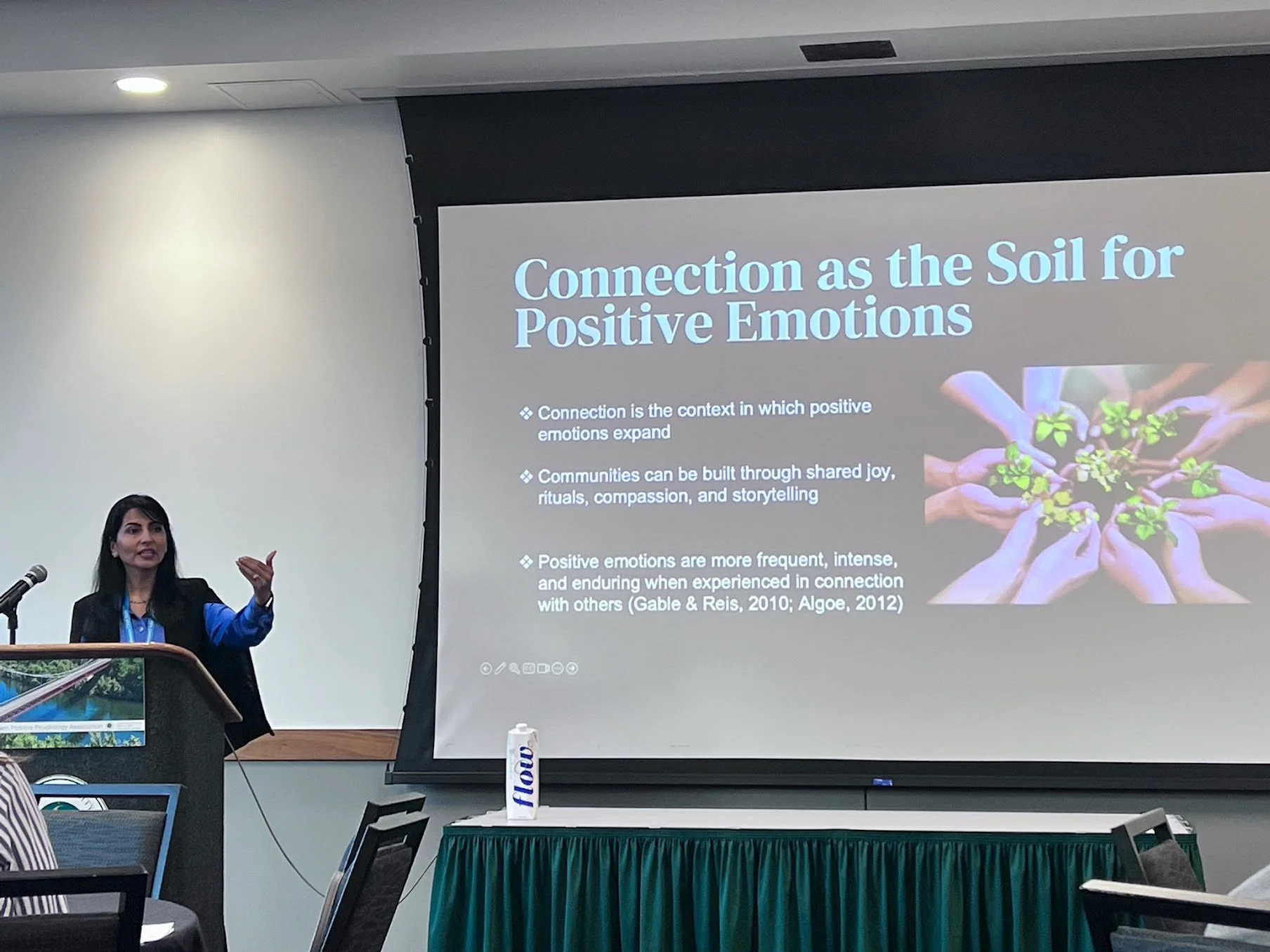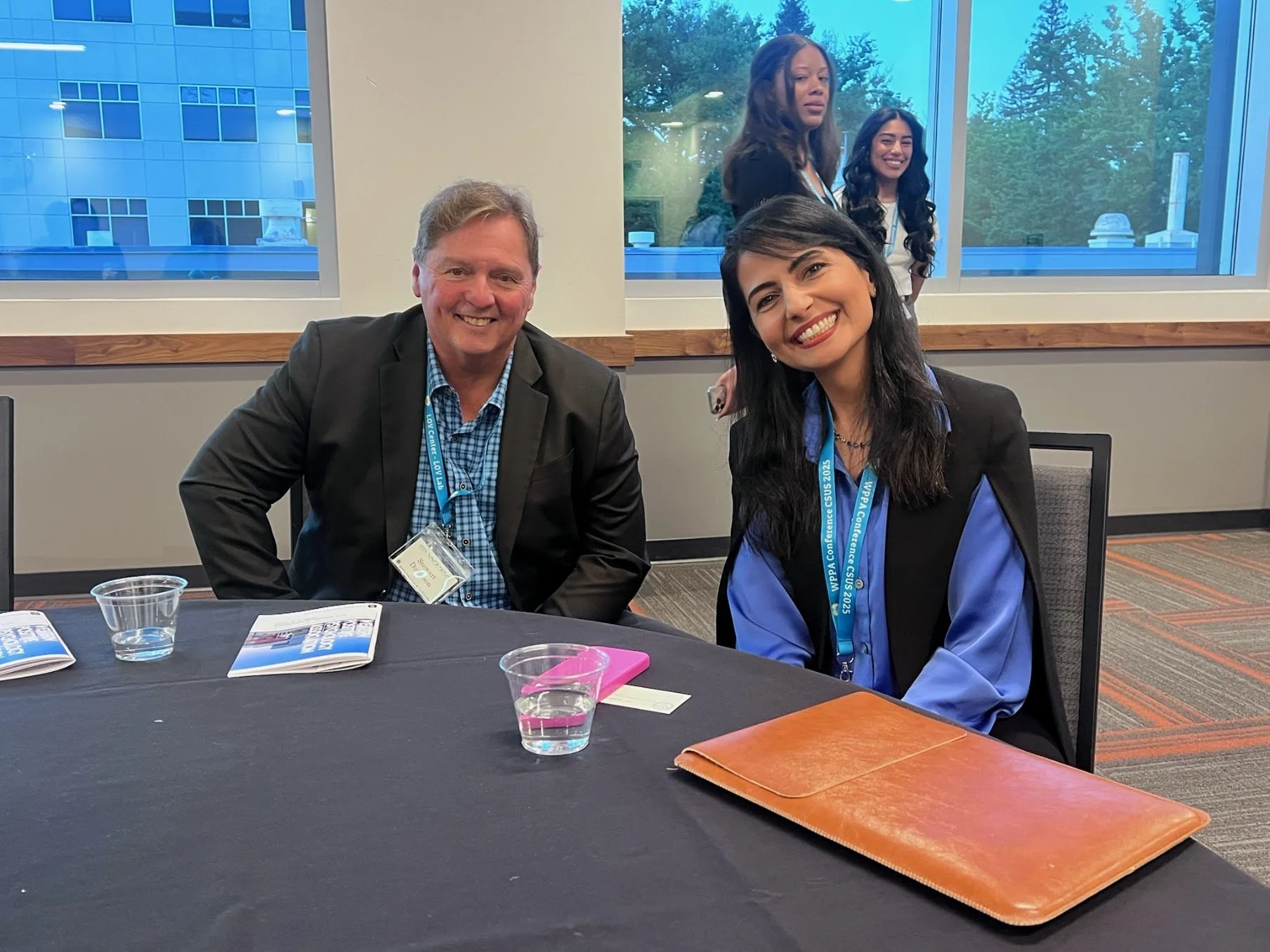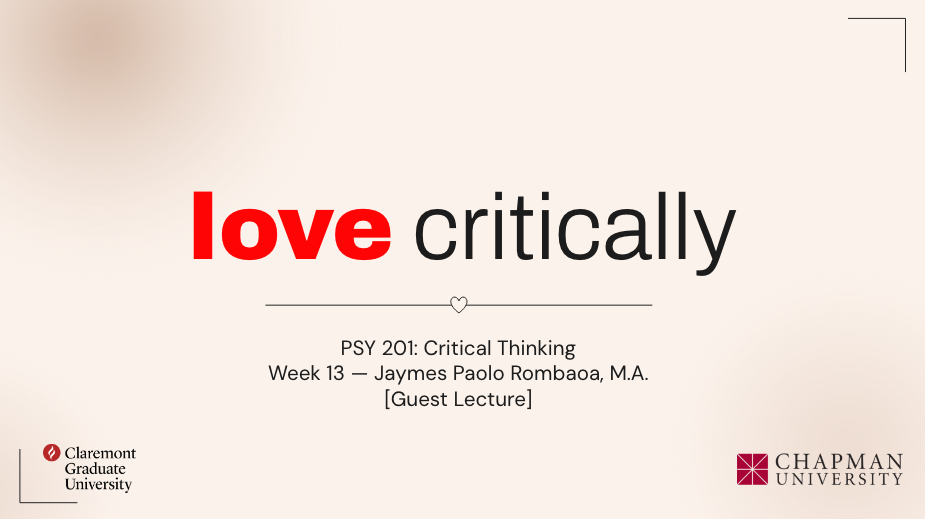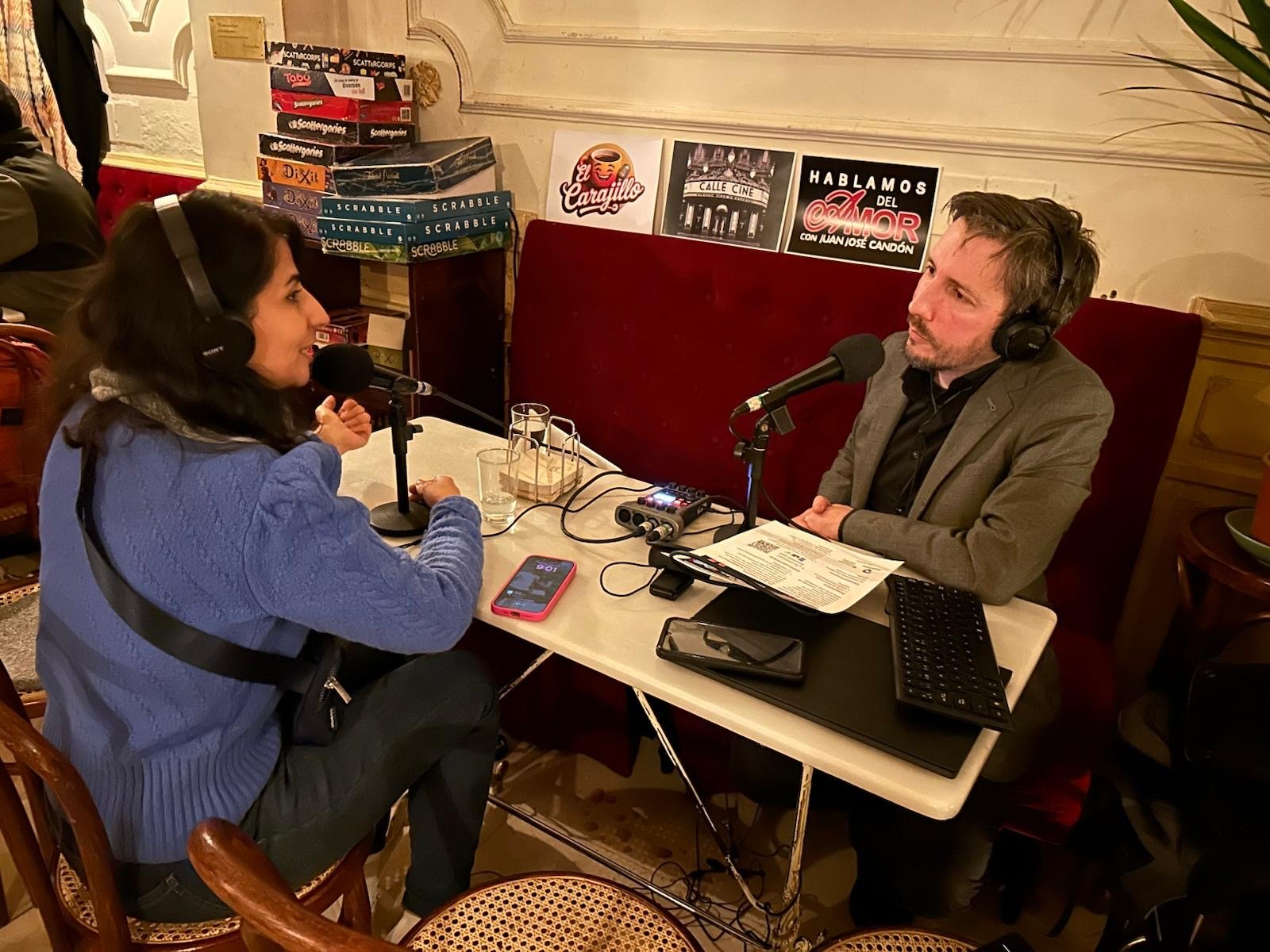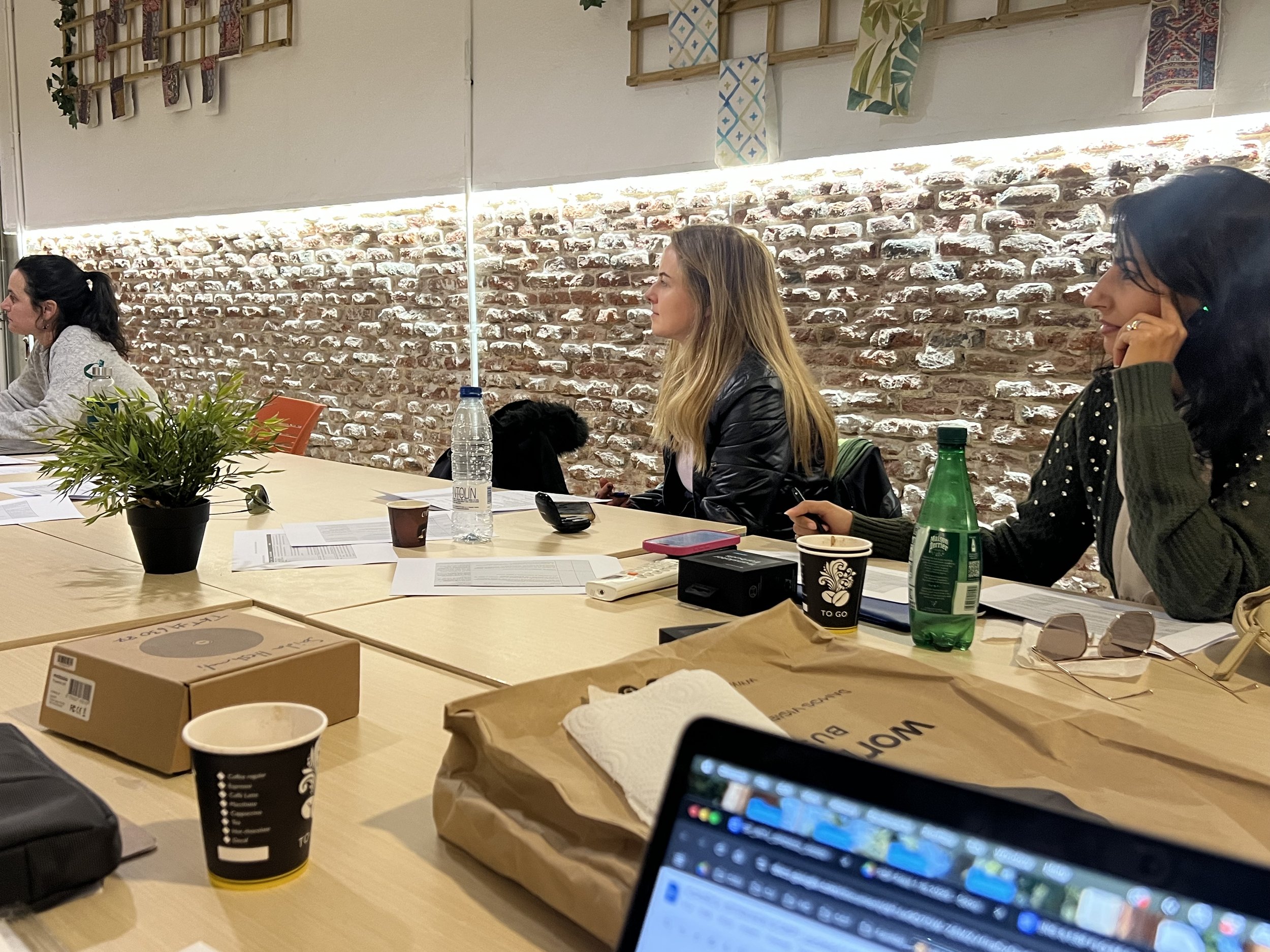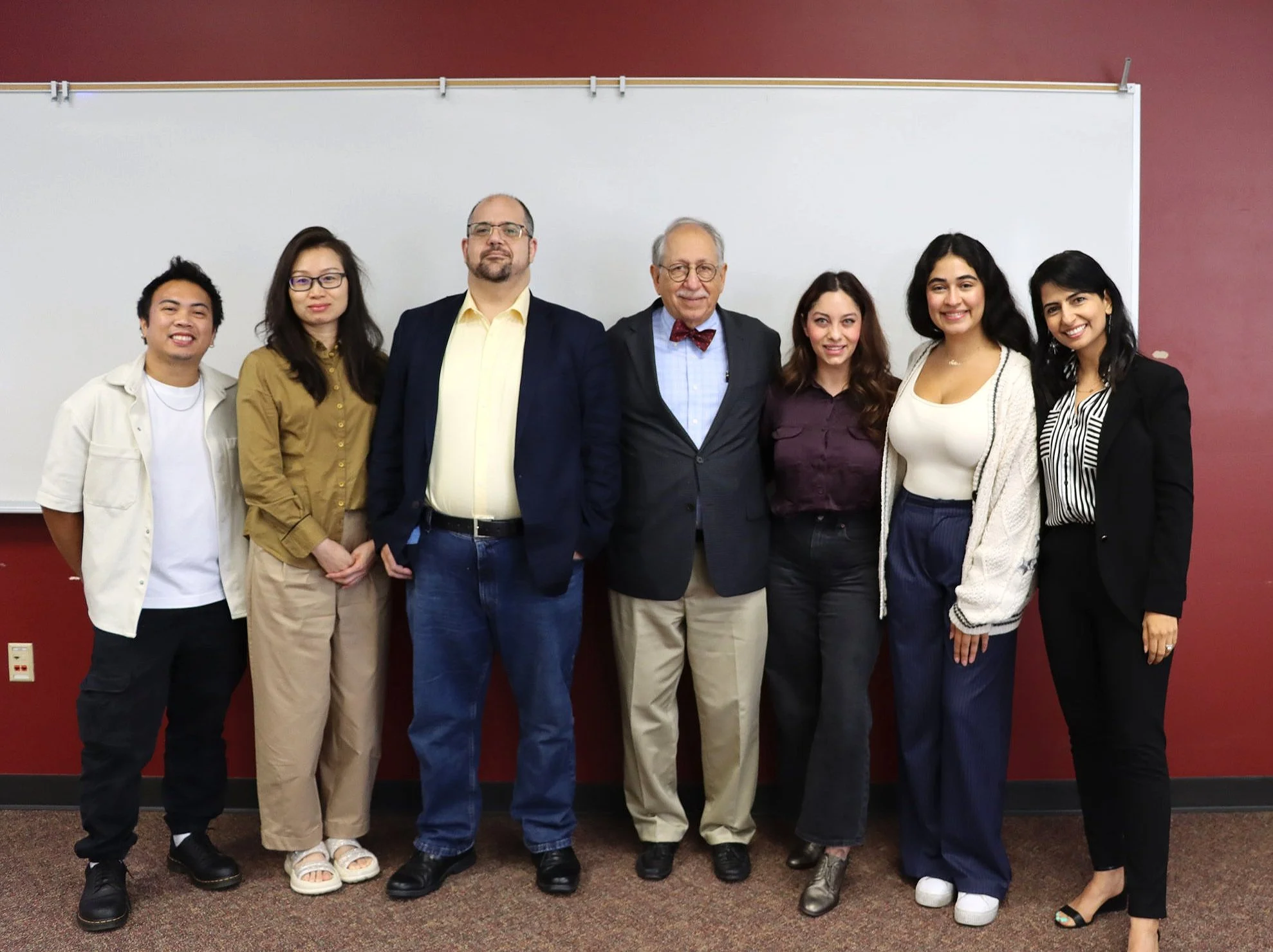December was a month of exciting milestones, leaving us with high momentum to get 2026 started. We wrap up the year with major student achievements, manuscript preparations, and new collaborations.
We are thrilled to announce that our manuscript on the mixed method investigation of the Cultural Consensus on Love in Spain has been completed and under review by co-authors and collaborators! A lot of love has been put into this project by Dr. Heshmati and various HEART Lab RAs including Jaymes, Dana, Cat, Saina and Andrew, and our wonderful Penn State collaborators, Dr. Zita Oravecz and Lindy Williams, as well as our local and international collaborators in Spain! We are so proud of the team’s dedication throughout the data collection, analysis, and writing process.
We also have wonderful news to celebrate: our graduate student Olivia Ellis successfully defended her PhD dissertation, on the topic of positivity resonance and love in relation to physical activity and health! Congratulations Olivia! We’re excited to see what comes next in her academic and professional journey.
December has also been a month of building connections. We’ve started conversations with the Human Flourishing Program at Harvard University and ways to integrate our research on love together! These conversations are focused on the possibility of incorporating measurement scales developed at the Harvard Flourishing center into our cross-cultural research design. We’re enthusiastic about the potential for interdisciplinary collaboration and the ways these partnerships can strengthen and expand the research on love.
Speaking of collaborating… Dr. Heshmati and Jaymes are really excited to meet and connect with our research collaborators in Brazil! The team in Brazil began recruiting participants in Rio de Janeiro, and our team in the US is preparing for a month of interviews and cultural enrichment soon. Make sure you follow our instagram page for more pictures of our research in Rio over the next few weeks!
As we move into the new year, we’re energized by the progress we’ve made and upcoming projects on the horizon. Thank you to everyone who has supported the lab this year—we’re excited for what’s to come.
Love,
The HEART Lab

